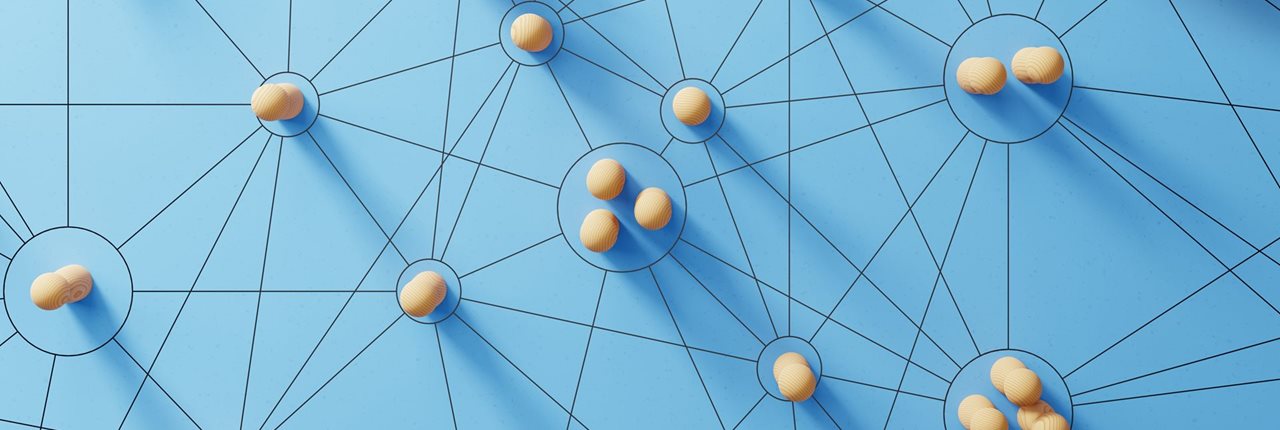Research
Research programs

The compass for our research efforts
Our research programs form inspiring environments in which research groups work together toward a common and clear goal, enabling us to strengthen collaboration and transcend both thematic and disciplinary boundaries. Within and beyond Radboudumc. View all our programs via the interactive image or by using the list with filter options below.
Filter results
Department
Our 47 research programs
Pages in development
We have recently refocused our research themes into the research programs listed above. Over the next few months, these pages will be completed.



